1415 Boot camp or religious retreat?
Resonance: Essays on the Craft and Life of Writing
by Andrew Chesham and Laura Farina (editors)
Vancouver: Anvil Press, 2022
$22.00 / 9781772141849
Reviewed by Sheldon Goldfarb
*
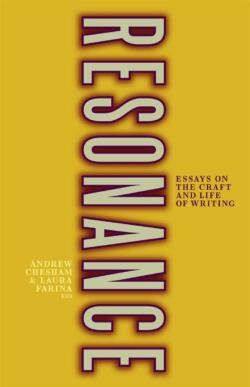 I love reading the interviews with writers in the Paris Review, the ones where the writers let you into their workshop and talk about the surprises that emerge when they set pen to paper. They make it sound like a magical process, almost spiritual, mystical, divine.
I love reading the interviews with writers in the Paris Review, the ones where the writers let you into their workshop and talk about the surprises that emerge when they set pen to paper. They make it sound like a magical process, almost spiritual, mystical, divine.
Then there are the how-to books I read in my youth, when eager to learn how to write, the ones that told you to write biographies for all your characters and compose a 10,000-word outline for your 80,000-word novel.
And now there is Resonance, a collection of essays by writers associated with Simon Fraser’s Writer’s Studio. Which side are they on? Perhaps a bit of both. Indeed, there is a bit of a war going on within the shiny yellow covers between those who seek grace and learning to receive the poet’s gift and those who want to tell you to walk, breathe, stretch, make lists, use cue cards. In fact, sometimes the same writer tells you to be loose and open to surprises and also to use cue cards.
It’s hard to tell sometimes whether we’re signing up for a religious retreat or going to army boot camp.

I’m more on the religious retreat side, so am drawn to essays like the one by Jónína Kirton about grace and avoiding rigidity. Don’t resist what wants to come through, she says, even if it’s not what you thought you were going to write or what you think you should write. This is also the point of view of Wayde Compton, who speaks of the Rupture that you have to go through with any piece of writing: that moment of failure when you realize that the idea you started with, a safe, comfortable idea perhaps, has to give way to the story you really want to tell. He uses his own experience trying to write a heroic story about Black Canadians and realizing that really the story he wanted to tell was much more ambivalent and nuanced.
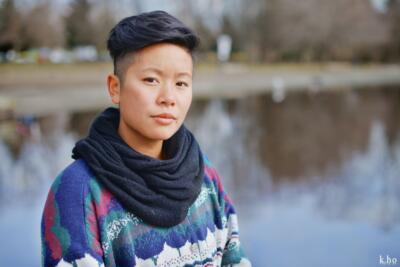
Compton seems to think every piece of writing needs its Rupture, its failure, and then there’s K. Ho, who wonders if all writing is failure. K. Ho’s essay is the saddest in the collection, a cri de coeur from someone who seems to be going through a Rupture before our eyes in the very essay published here. They want to write about the obstacles that need to be overcome by marginalized writers, or they think they should write that, and feel they can write that based on their own experience, but can’t do it, don’t want to do it, feel they are tokenizing themselves when they really want to write about writing, not identity; but maybe they need to do both, they think; maybe it is a false binary; maybe, maybe, maybe …
Oh, what has our political age done to our poor writers?
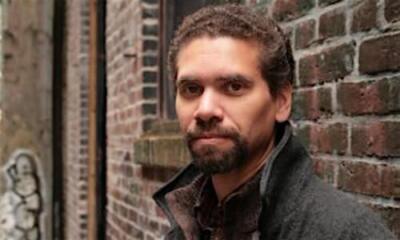
But then there are the confident ones that tell you what to do, the ones who end their essays with “Prompts” about diagramming or visiting the art gallery or making lists of technical terms or whatever. It reminds me of the successful writer I met at a reading who explained that he mapped out his stories on giant cardboard posters circling his walls: or maybe I am just imagining that in recollection. As one of the contributors here says, memory is always fictionalizing.
That contributor or another talks of the first draft as the “vomit draft,” where you bring up everything inside you. Then you go on to another draft that is more writerly. I am no great fan of revision myself, but this sounds less like revision than research: you start with gathering your material, from your memory or from more conventional research into external sources, and later comes the writing.
The successful writer with his cardboard posters was content to leave the actual writing to his editors, but some writers enjoy the actual writing, the surprises, the magic — though as one puts it here, there is also the cold pizza and the sobbing.
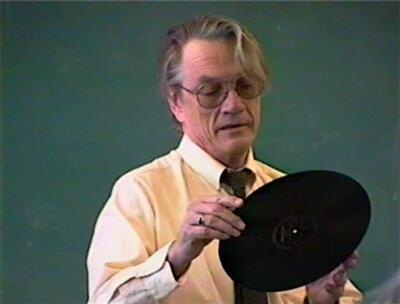
I have never gone in for sobbing myself, but there can be tension if you’re not doing it right. And what does it mean to be doing it right? Where is the place to go to find the good songs, as Leonard Cohen once said? Well, if he knew that, he added, he’d go there more often.
Leonard Cohen is not in this collection, but George Bowering is, with a poem no less, and what is a poem doing in a collection of essays? Good question. But he follows it up with a Prompt that is really an anti-Prompt, subverting the whole enterprise of the collection, telling us not to issue directives (that was the bad way followed by Frost and Auden); the good way is to let things come, like the ground ball in baseball coming to get you. And you don’t stab at the ball, you receive it graciously. He is in line with Jónína Kirton and the mystical opposition, not part of the Creative Writing Industrial Complex, mentioned by one contributor at the end — and how brave of the editors to allow someone to question the whole Writing School industry in a book emanating from the industry.
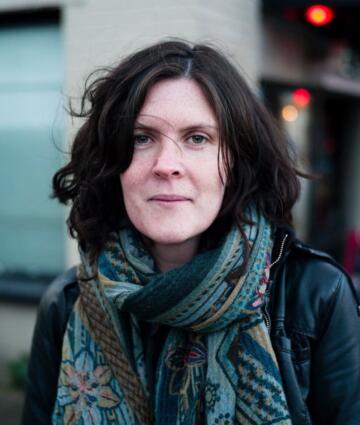
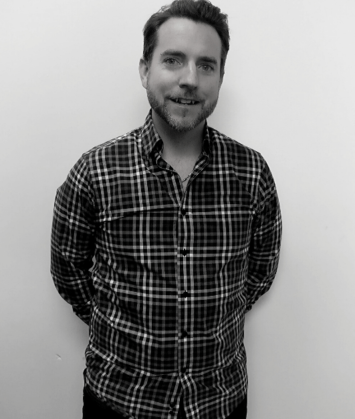
Another contributor, a publisher, has some useful tips for writers trying to place their works in the marketplace. Even as one dedicated to the priestly side of writing, I am interested in the nuts and bolts outside the actual writing process, but it is the writing process itself that interests me the most, the magical moment when the words take over and tell you something you didn’t even realize you knew.
So go for your walks, make your lists, try various exercises, do whatever you need to do to get yourself going — and this may be different for everyone because everyone is different — but in the moment of creation, create.
*

Sheldon Goldfarb is the author of The Hundred-Year Trek: A History of Student Life at UBC (Heritage House, 2017), reviewed here by Herbert Rosengarten. He has been the archivist for the UBC student society (the AMS) for more than twenty years and has also written a murder mystery and two academic books on the Victorian author William Makepeace Thackeray. His murder mystery, Remember, Remember (Bristol: UKA Press), was nominated for an Arthur Ellis crime writing award in 2005. His latest book, Sherlockian Musings: Thoughts on the Sherlock Holmes Stories (London: MX Publishing, 2019), was reviewed here by Patrick McDonagh. Originally from Montreal, Sheldon has a history degree from McGill University, a master’s degree in English from the University of Manitoba, and two degrees from the University of British Columbia: a PhD in English and a master’s degree in archival studies. Editor’s note: Sheldon Goldfarb has recently reviewed books by Seth Rogen, Julia Levy, Peter Quartermain, Katherine Bowers & Kate Holland, P.W. Bridgman, and George Bowering.
*
The British Columbia Review
Publisher and Editor: Richard Mackie
Formerly The Ormsby Review, The British Columbia Review is an on-line journal service for in-depth coverage of BC books and writers. The Advisory Board consists of Jean Barman, Wade Davis, Robin Fisher, Cole Harris, Hugh Johnston, Kathy Mezei, Patricia Roy, Maria Tippett, and Graeme Wynn. Provincial Government Patron (since September 2018): Creative BC. Honorary Patron: Yosef Wosk. Scholarly Patron: SFU Graduate Liberal Studies.
“Only connect.” – E.M. Forster
5 comments on “1415 Boot camp or religious retreat?”